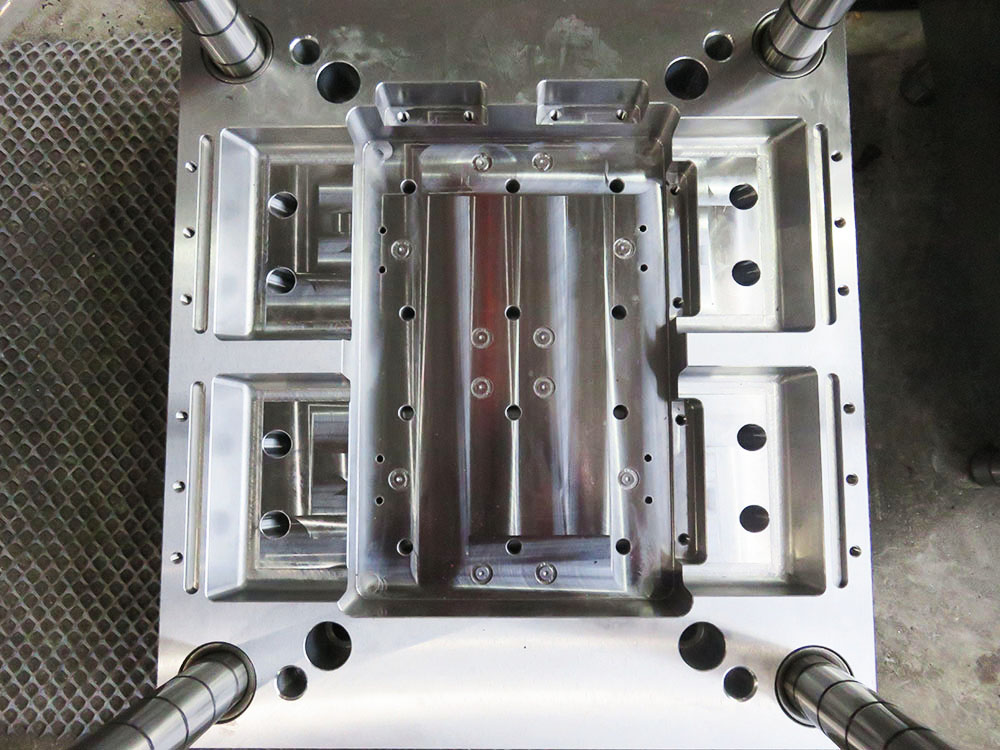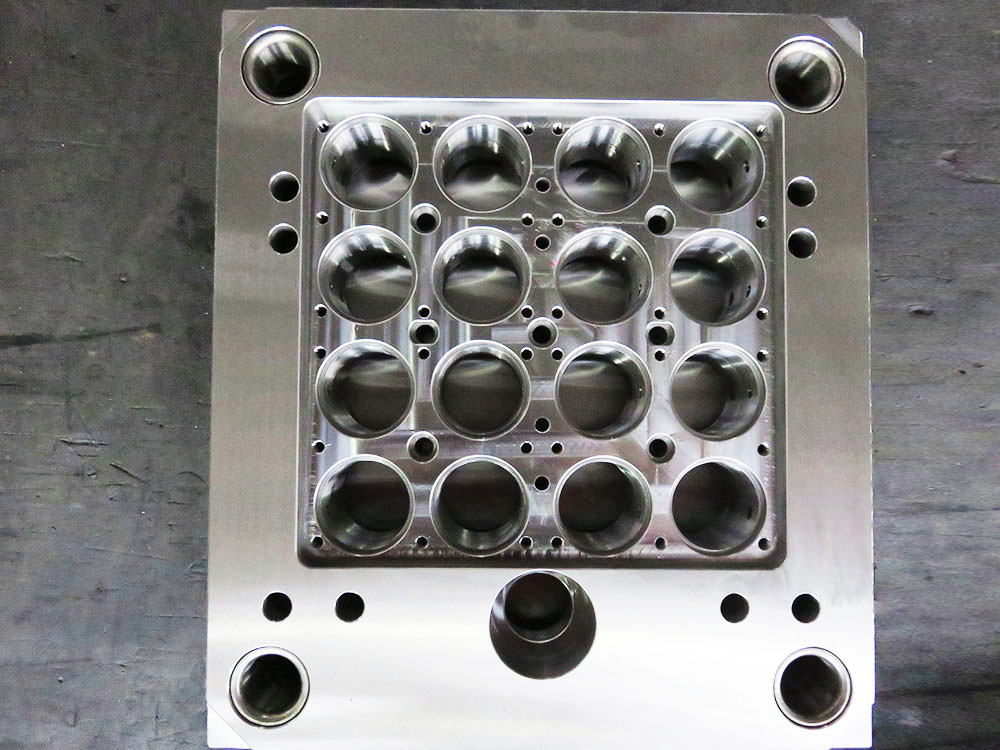Introduction to Steel Used in Mold Base Industry
In the mold base industry, a wide range of steels is used for different applications. These steels must possess specific properties to ensure the successful production of high-quality molds. This article will discuss the types of steel commonly used in the mold base industry and their respective characteristics.
Pre-hardened Steel
Pre-hardened steel is widely used in the mold base industry due to its excellent machinability and high dimensional stability. This type of steel undergoes heat treatment processes, such as quenching and tempering, to achieve a state of hardness suitable for mold base applications. Pre-hardened steel eliminates the need for additional heat treatment steps, resulting in cost and time savings during mold production.
Tool Steel
Tool steel is another commonly used material in the mold base industry. It is known for its high hardness, wear resistance, and toughness. Tool steel is ideal for molds that require significant wear resistance due to the constant contact with the molded material. There are various types of tool steel, such as H13, P20, and D2, each with its specific properties and applications.
Stainless Steel
Stainless steel is selected for mold base applications where corrosion resistance is essential. It is particularly suitable for molds used in food industry, medical devices, and other applications that involve contact with corrosive substances. Stainless steel provides excellent resistance to rust and chemical attack, ensuring the longevity and reliability of molds in such environments.
Precision Ground Steel
Precision ground steel is often used in mold base industry to achieve tight tolerances and flatness requirements. This type of steel undergoes a specialized grinding process, resulting in a smooth and precise surface finish. Precision ground steel is vital for molds that require high precision and accuracy, as it ensures proper fitting and alignment of mold components.
Carbon Steel
Carbon steel is an economical option commonly used in the mold base industry. It offers good machinability, weldability, and strength. Carbon steel is suitable for molds that do not require high hardness or wear resistance. It is widely used in various industries, including automotive, consumer goods, and electronics, for the production of molds with lower demands on performance.
Conclusion
In conclusion, the mold base industry utilizes a variety of steel types to meet specific requirements in mold production. Pre-hardened steel, tool steel, stainless steel, precision ground steel, and carbon steel are among the most commonly used materials. Each type of steel possesses unique properties that make it suitable for different mold base applications. By understanding the characteristics of these steels, manufacturers can select the most appropriate material for their specific mold production needs.




